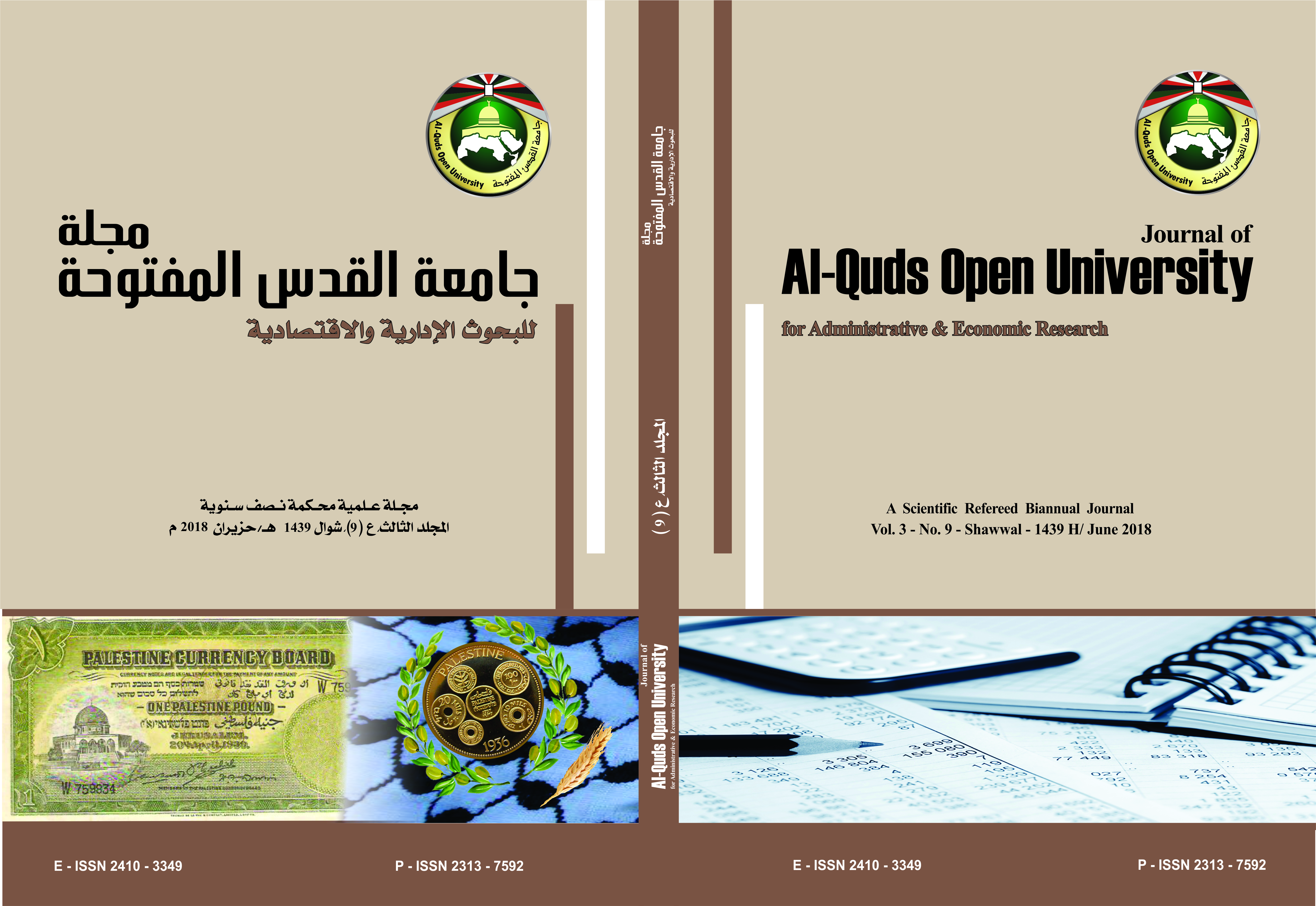The Algerian Bank′s Sterilization Policy and the Sustainability Problematic: Roberto Frenkel′s Scenarios (2005-2015)
Keywords:
Sterilization policy, Sustainability condition, Interest-bearing instruments, Mopping up excess liquidity, Frenkel’s model scenarios.Abstract
This paper mainly aims to explore the reality behind the continued implementation of the sterilization policy by Algerian bank for a long time without concerns about growing costs. For this purpose, we try to simulate Roberto Frankel's model scenarios using annual data covering the period 2005-2015. Our findings showed that the sterilization policy is so far sustainable given to three main sub-results, namely the domestic interest rate at a low-level (less than 2%) which certainly guarantees the sustainability condition, a large room for the monetary autonomy (ranged between 16 and 28%), and a positive quasi-fiscal result for the whole period.
Downloads
Published
2018-09-03
How to Cite
Djedaiet, M. A., & Tergou, D. M. (2018). The Algerian Bank′s Sterilization Policy and the Sustainability Problematic: Roberto Frenkel′s Scenarios (2005-2015). Al-Quds Open University for Administrative & Economic Research & Studies, 3(9). Retrieved from https://journals.qou.edu/index.php/eqtsadia/article/view/2147
Issue
Section
الأبحاث
License
- The editorial board confirms its commitment to the intellectual property rights
- Researchers also have to commit to the intellectual property rights.
- The research copyrights and publication are owned by the Journal once the researcher is notified about the approval of the paper. The scientific materials published or approved for publishing in the Journal should not be republished unless a written acknowledgment is obtained by the Deanship of Scientific Research.
- Research papers should not be published or republished unless a written acknowledgement is obtained from the Deanship of Scientific Research.
- The researcher has the right to accredit the research to himself, and to place his name on all the copies, editions and volumes published.
- The author has the right to request the accreditation of the published papers to himself.













